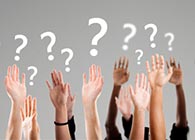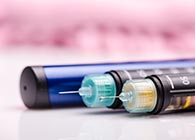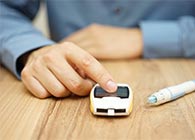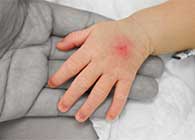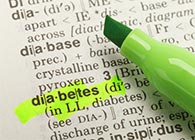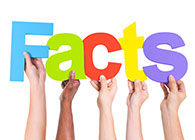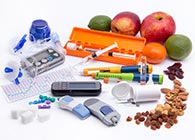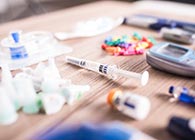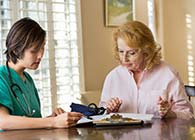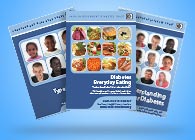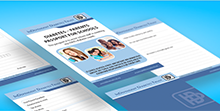Driving and Medicines
Driving and Diabetes
Driving and the EU law
News release: EU changes night-time hypos driving rules for people with diabetes
Driving and hypoglycaemia – what are doctors being advised to do?
Test Strips – Department Of Health Warning For Doctors And Pharmacists
Vehicles You Can Drive
Insulin and Driving Taxis
Hypoglycaemia and Driving
Driving and Medicines
Driving and Visual Field Loss
Driving and medicines
Facts
- The link between alcohol and road traffic accidents is well established.
- There is increasing evidence that some prescribed medicines and some over-the-counter medicines may also impair driving ability.
- A recent survey has shown that 17% of drivers involved in road traffic accidents were found to have traces of medicines in their blood eg antidepressants and antihistamines.
The commonly used medicines that may impair your ability to drive are those that may cause drowsiness are:
- Some antidepressants
- Strong pain killers eg codeine
- Powerful tranquillisers eg those used for the treatment of some types of mental illness
- Some medicines used to treat epilepsy eg phenobarbitone
- Benzodiazepine tranquillisers used to treat anxiety and insomnia
- Some antihistamines for treatment of hayfever and allergies
Your ability to drive may also be impaired by:
- Eye drops that cause blurred vision.
- Insulin and some oral anti-diabetic medicines that may cause confusion as a result of low blood glucose levels.
How do you know if your medication may impair your ability to drive?
All medicines that may cause drowsiness are labelled with this warning:
"Warning. May cause drowsiness. If affected do not drive or operate machinery."
It is important to note the words ‘if affected’ in this warning as it places the responsibility on you to decide whether or not the side effects of drowsiness are likely to impair your driving ability. In other words, you have been warned, so if you had an accident as a result of being drowsy, then the responsibility rests with you!
If alcohol is taken with some medicines, then this can make the drowsiness worse and so labels may also contain the warning:
"Avoid alcoholic drink."
A clear message:
Always read the information leaflet about any medications you take whether prescribed by your doctor or bought over the counter at your pharmacy. You can obtain further information about your medicine from:
- Your doctor
- Your pharmacist

